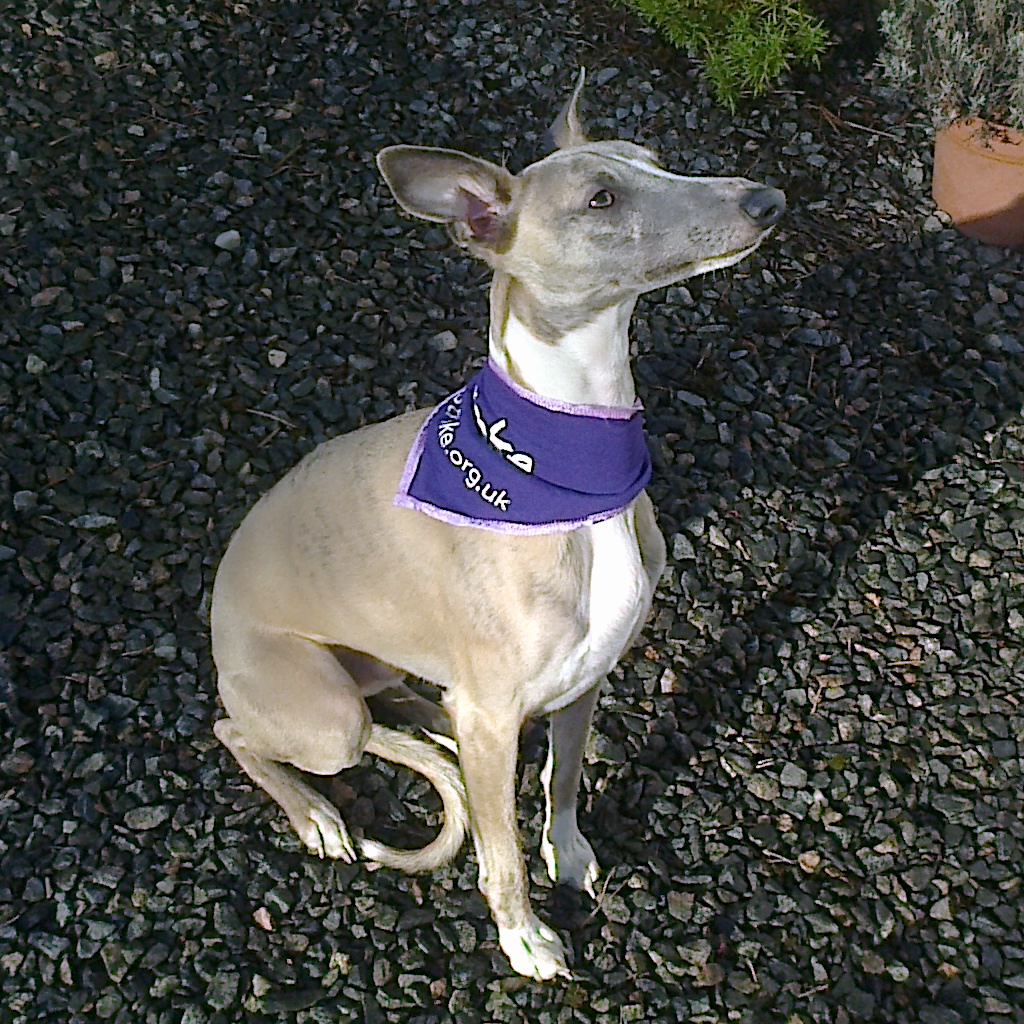Je pense, donc je suis.
Ich denke, also bin ich.
I think, therefore I am.
In whatever language you express it, you have to admit that M. Descartes had a point. If you are capable of thought, you must exist. The problem for some stroke survivors is the pronoun. Who is the “you”? Who is the “I” in the sum, the Je suis, the Ich bin, the I am? Am I the same I that I was pre-stroke? I realise that I have toggled between the first and second person, as well as burbling on, but you get my drift. For some of us, there are doubts there.
These are deep thoughts for a cold March morning, but they were prompted – or rather, reignited – by a phone call I had last Friday afternoon, as I was contemplating the snowy wastes outside my window. The call was from a radio producer who is making a programme about individuals’ sense of identity after stroke. The programme is to be based on a book by an author from London. He is sending me a copy, so in due course I will publish here full details of book and radio programme.
Immediately after my stroke, I agonised over this matter of identity. Well, that is not quite true. I agonised over a lot of things – how much physical recovery I would get was uppermost in my mind, along with what the future would hold. But I also wondered frequently if I was the same person; the same (as I would have it) strong, kind, sensitive, friendly, intellectually curious creature that I had always been. I quote from my book:
Jo arrived at the hospital on the Monday morning. My first concern was to reassure her that, though physically I might be largely inert, I was still in full possession of my faculties.
“I’m still the same Eric,” I reassured her anxiously.
“Oh, that’s disappointing,” she said
I think she was joking, but these thoughts never really went away in the first few months. At a later stage in my recovery, while in hospital in Aberdeen, I listed in my mind all the accumulated side effects of stroke I was experiencing – slurred speech, chaotic emotions, exhaustion – and wondered:
Underlying all of these side effects, a deeper nagging question – was I really the same Eric, as I had so confidently claimed to be when Jo first came to see me in Norway?
I know from talking to others who have survived a stroke that I am not alone in having had these doubts. Perhaps it is to be expected that stroke – which is a kind of brain injury – should bring about changes not just to the more obvious legs, arms, speech and emotions but to the basic persona as well. The brain, as we are now discovering, is infinitely complex.
I remember while lying in hospital that I wanted to open up this question to someone other than friends and family, someone who might have the expertise or insight to answer it. Despite my appealing and vibrant personality, no nurse or medical professional lingered long enough beside my bed to open up such a discussion. Physical needs – medication, toileting, lunch – took precedence, though not necessarily in that order.
In Scotland, the introduction to the SIGN guideline for stroke reads:
This guideline provides recommendations based on current evidence for best practice in the management of stroke rehabilitation. The aim of this national guideline is to assist individual clinicians, primary care teams, hospital departments, and hospitals to optimise their management of stroke patients with an emphasis on the first 12 months after stroke
You will struggle to find anywhere in the dry prose of the guideline a recommendation that there should be “open space” for stroke patients or their carers to ask the sort of questions that I have tried to frame in the ramblings above. For psychological good health, time for patients and carers to open up about their fears needs to be in there somewhere in the first 12 months. Such open space may well be offered to some, but unless it is explicitly stated as standard practice it simply won’t be offered everywhere.
You will cry “Resources!” but the wider issue is this – if we want to maximise recovery from stroke and other long term conditions, physical and psychological therapies must be given similar status during those first 12 months, with all the consequences for time and staffing that that statement implies.


